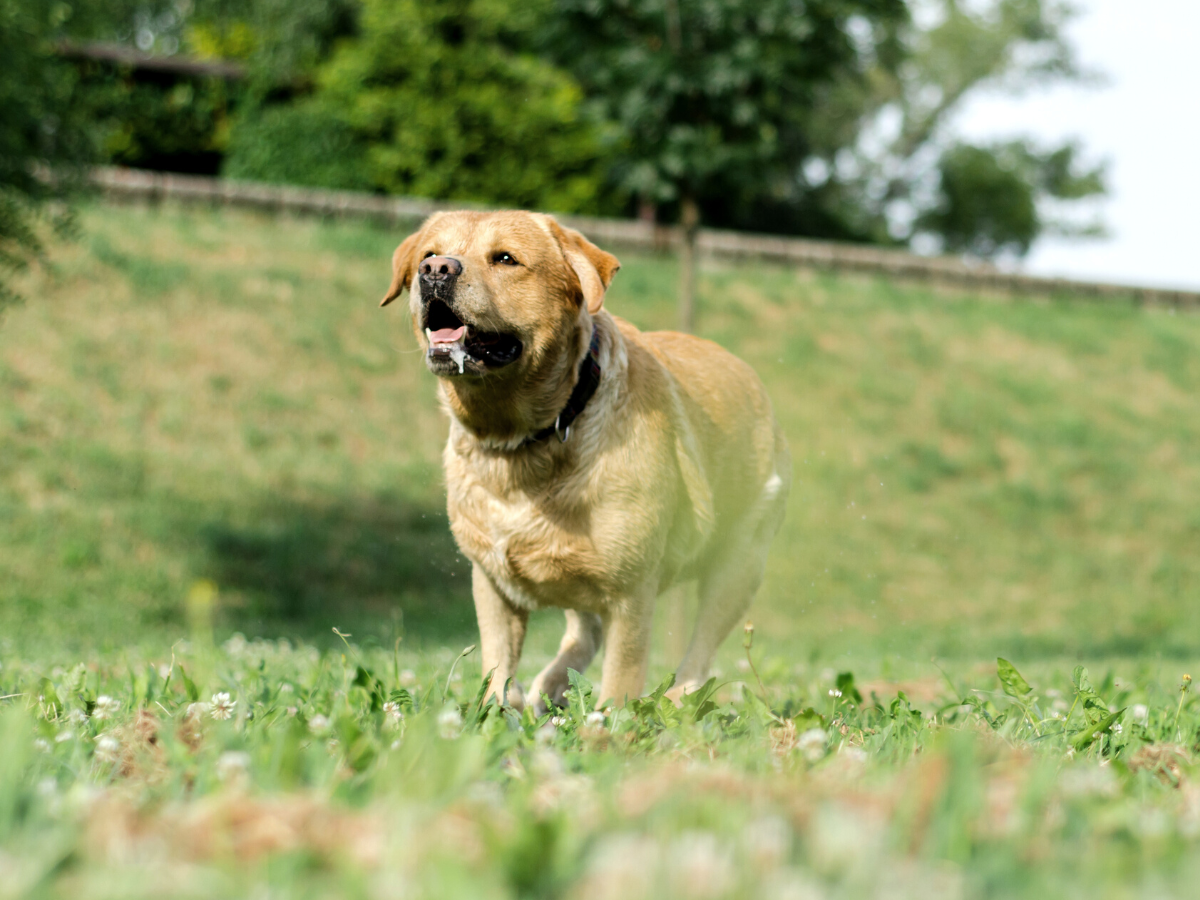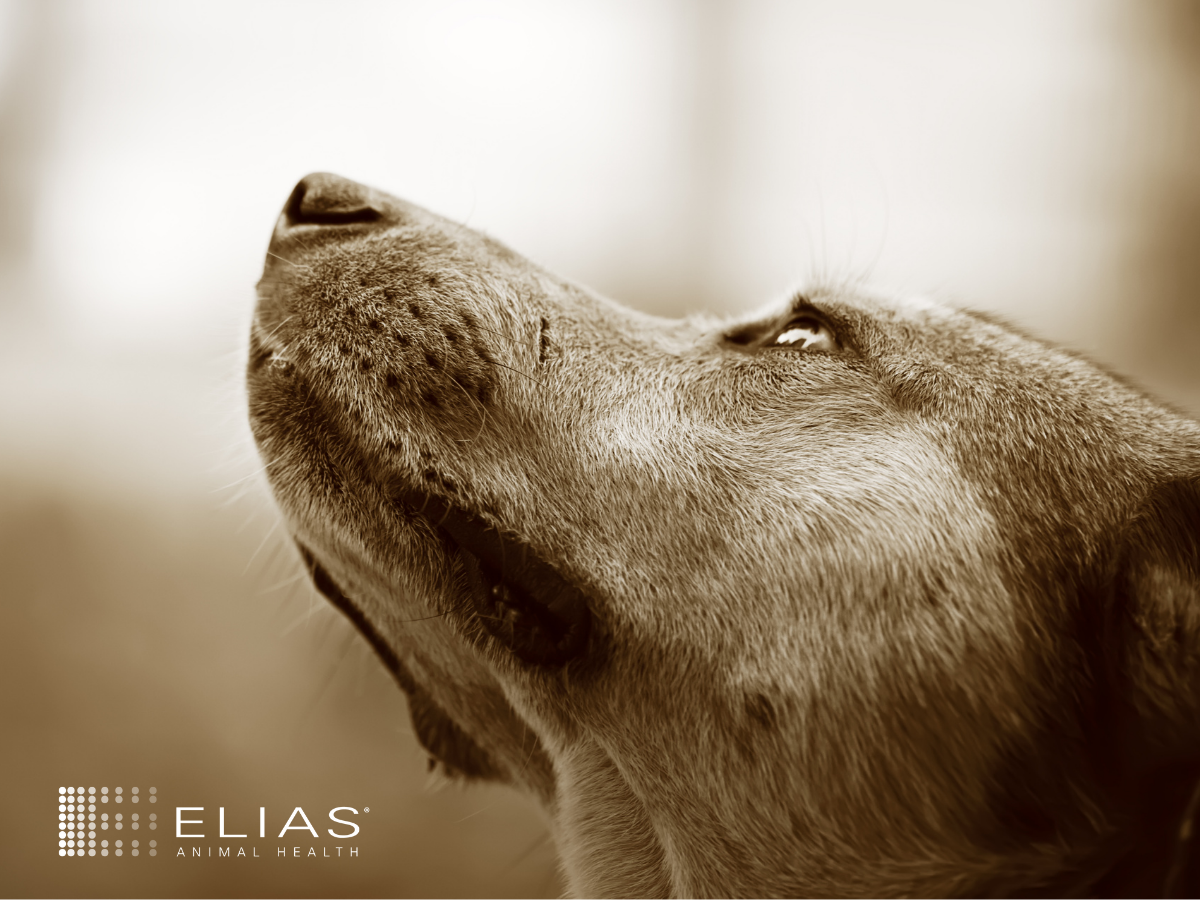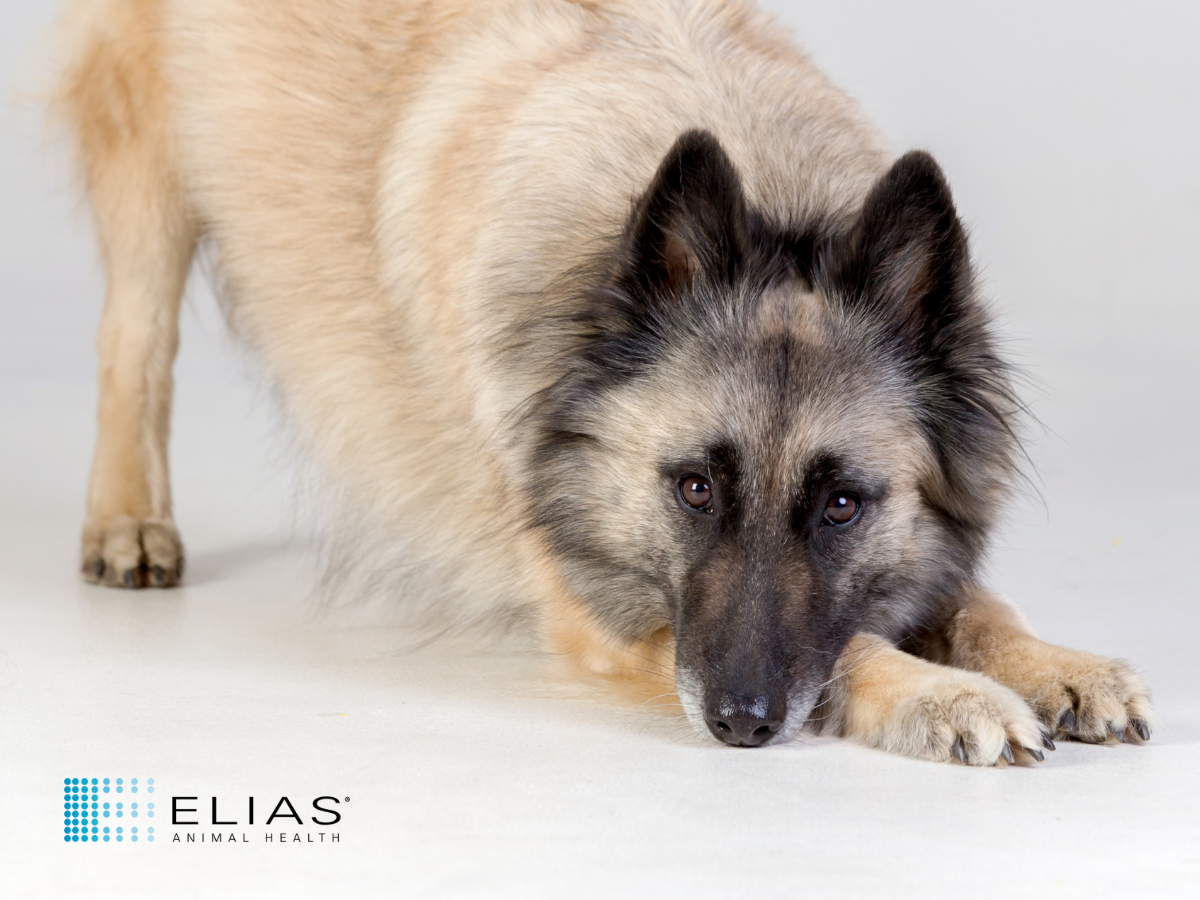New Clinical Trial Will Evaluate Combination Therapy to Treat Canine Lymphoma
After successfully concluding a clinical trial for canine osteosarcoma, ELIAS Animal Health is focused on continuing to push forward in the fight against cancer with a new clinical trial involving combination therapy to treat lymphoma in dogs. The pilot study, which is currently underway, will evaluate ELIAS Cancer Immunotherapy (ECI®) in combination with VCAA (L- asparaginase, vincristine, cyclophosphamide, and doxorubicin) chemotherapy to treat lymphoma in dogs. All trial participants will be treated at a single investigator site for this preliminary study. Prevalence of Lymphoma in Dogs Canine lymphoma is a fairly common type of cancer in dogs. In an article published by VCA Animal Hospitals, authors Malcolm Weir, DVM, MSc, MPH and Catherine Barnette, DVM the disease accounts “for 15-20% of new cancer diagnoses in dogs. It is most common in middle-aged and older dogs, and several breeds are predisposed...” Overview of the Clinical Trial Protocol for Canine Lymphoma Patients [...]










